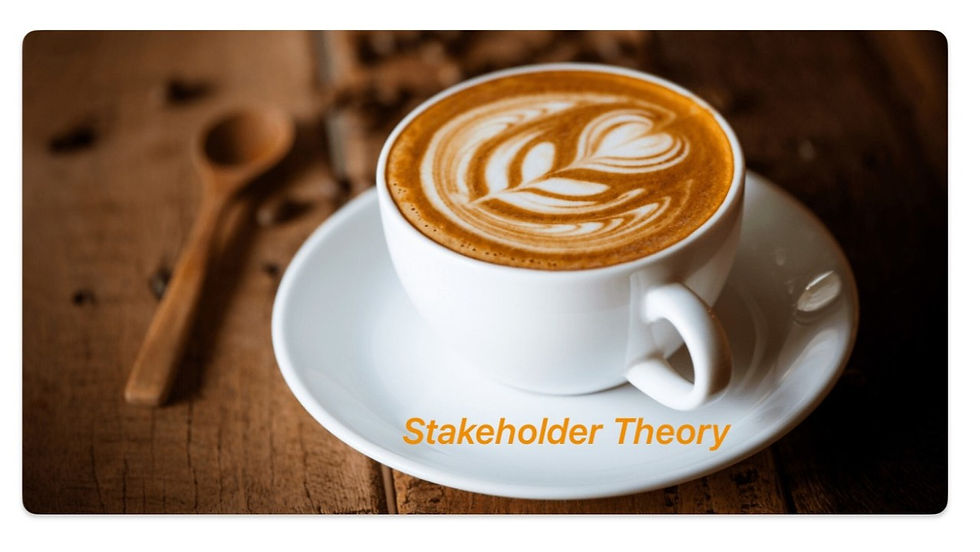Is It Presentable?
- Leeanne Zamagias

- Dec 15, 2024
- 3 min read
This is one of those ‘do as I say, not as I do’ articles, and a bit of mea culpa. I have always been a cerebral type of person, I can see beauty in spreadsheets and amongst the data. I get real joy in seeing the patterns that emerge through the collation of information and the development of theories. It has taken me years to realise that not everybody is the same as me. I haven’t always put the effort into presentation that I should.
Recently, on two occasions in the one week I used the phrase, ‘I don’t do pretty’, which prompted this article. On both occasions I then had to spend far more time than I would have liked, lining up and centering graphics and formatting text as I have learnt that poor presentation can be a barrier that restricts others from taking in the data. I have come to recognize that ‘glazed over’ look that comes from information overload.
Educators familiar with Vygotsky know this from learning the techniques of scaffolding - educating by continually building on gained knowledge. You don’t teach a child calculus without taking them through basic maths and algebra first. Too often some people (like me) have tried to present complex data without taking the time to do so in an acceptable manner. If the data is too complex, anything that can restrict sensors from taking in the information and create a distraction (like disproportionate or asymmetrical graphics) can be a hinderance.
A problem that occurs at the other end of the spectrum is when people are all about style over substance. Over the decades I have seen countless occasions where inferior or substandard material has been promoted and accepted just because it was presented well. I have seen boards focus on the presentation of policies rather than the content, and management focus on superficial aspects or poor grammar in proposals. Presentation is an important part of creating a narrative. The narrative tells the story we want people to hear. Storytellers have had the floor for quite some time, but in a world where Artificial intelligence (AI) is expected to dominate in the coming decades, correct data is even more important.
So this article is for cerebral people like me, and for those who have a flair for presentation. If you have the ability to present information well, take it seriously, your work is likely to be accepted easily, so take the time to check its accuracy. In those famous words of Spider-Man’s uncle Ben, with great power comes great responsibility. I have seen great examples of processes where highly competent people have always ensured their work was proofread or focus group tested to avert crises. I have also seen really simple mistakes cost thousands of dollars, incredible reputational damage, or worse.
Here is some advice for those of us who are data collectors but ‘don’t do pretty’: gain as many short cuts and skills as you can; learn how to work around your limitations; and most importantly, learn how to ask for help.
Utilize gifts of encouragement like a small chocolate or thank you cards, and learn how to express gratitude to make it as easy as possible for people to help you. Probably the most important part of making sure people can help you easily is to be organised and give them plenty of time to be able to assist you. This may mean creating deadlines for yourself. It is all a part of knowing your limitations and working around them.
The lesson I have learnt is that presentation is important. I have learnt that my limitation was not only my inability to ‘do pretty’, but also my attitude that pretty wasn’t important. I had to factor in the extra time to make sure the information is presentable and acknowledge the real barrier that uneven lines can cause. I have learnt that information has to be presented in bite sized chunks that are easily digestible. I have also learnt that it can be too easy to propagate incorrect information, with disastrous consequences. So take the time to check your information.




Comments